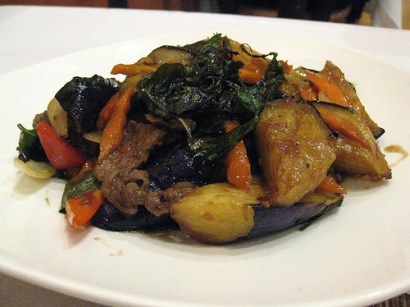Rhode Island native Donald Paradis, once chief adviser in Ethiopia, dies at 86
01:00 AM EST on Tuesday, December 7, 2010

Princess Beatrix of the Netherlands (now queen) and H.R.H. Prince Claus with Donald Paradis, right, on a visit to Ethiopia in 1967.
Photo courtesy of the Paradis Family
PROVIDENCE — Rhode Island native Donald E. Paradis, 86, who served as chief adviser to the government of Ethiopia for 11 years beginning in 1957, and who wrote speeches for the late Emperor Haile Selassie, died Nov. 28 in Sibley Memorial Hospital, in Washington, D.C.
As speechwriter for the emperor, and also for the prime minister and foreign minister, he drafted Haile Selassie's addresses to the United Nations, and accompanied him on state visits, including one to the United States in 1963 to address the U.N. General Assembly and to meet with President John F. Kennedy.
Paradis described the emperor in a 2008 speech as "the quintessential benevolent dictator." He said that Haile Selassie, given his own way, would have modernized his nation at a much quicker pace, but was "a captive of the system," needing the support of rich landowners who felt threatened by the modern world.
"He stood with one foot in the feudal past and the other in the 20th century," Paradis said.
The emperor was eventually overthrown in a coup.
Paradis was born in West Warwick and grew up there, graduating from West Warwick Senior High School in 1940. A varsity player, he received an offer of a football scholarship from Boston College, but instead accepted a full academic scholarship at Wesleyan University, from which he graduated in 1943 with honors.
He was a cum-laude graduate of the Harvard Law School in 1950, and served as president of the Harvard Legal Aid Bureau from 1949 to 1950.
Paradis was commissioned an ensign in the Navy in 1944, one of the so-called "90-day wonders" due to the length of their training, and spent two years serving on mine-layers and minesweepers.
From 1950 to 1952, he was assistant general counsel for the European headquarters of the Marshall Plan, then for the next three years was deputy U.S. observer for the State Department to the European Coal and Steel Community, a framework that evolved into the European Union.
Paradis joined a Wall Street law firm from 1953 to 1957, specializing in securities underwriting and petroleum negotiations in Central and South America.
He became chief adviser to the Ethiopian government, serving from 1957 to 1968. His duties included legal, banking, agricultural, economic, political and commercial affairs. According to a biographical paper, he promoted modernization of the country, including steps to a constitutional monarchy with a parliament and cabinet. He also worked to shape the country's foreign policies.
Paradis helped create the Organization of African Unity, drafting that body's charter. He was a member of delegations that negotiated with the United Nations and other organizations on matters such as rail and air transportation.
Paradis was president of the Chappaqua Oil Corp., and negotiated oil contracts in Libya until Col. Moammar Gadhafi led a revolution and confiscated the corporation's assets.
Paradis was the husband of the late Elizabeth [Reid] Paradis. He had most recently lived at the Collington Retirement Community, in Mitchellville, Md.
He is survived by a companion, Teresa "Tita" DeGavre, two children and two grandchildren.






